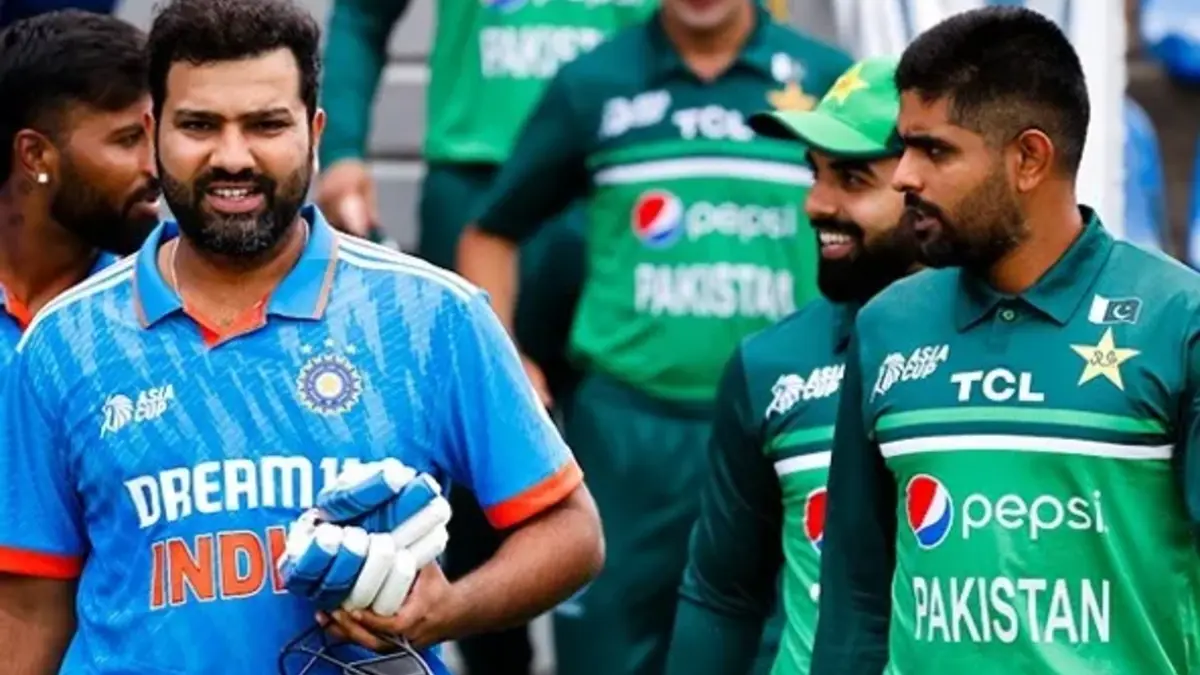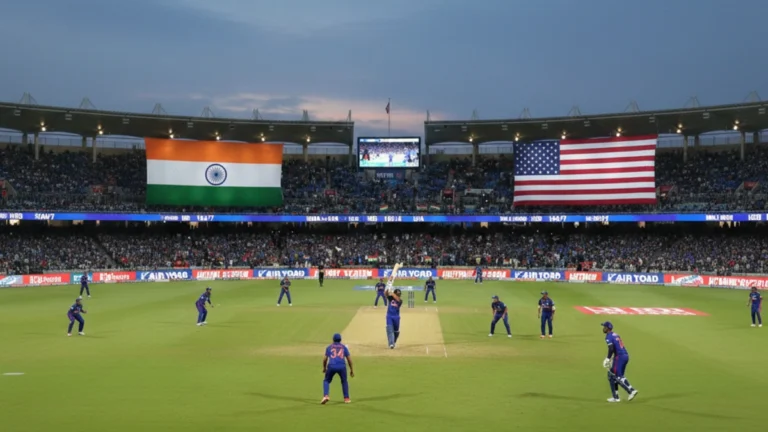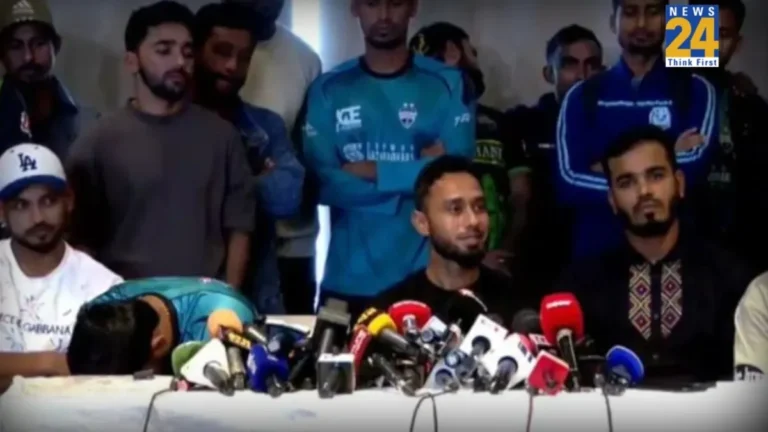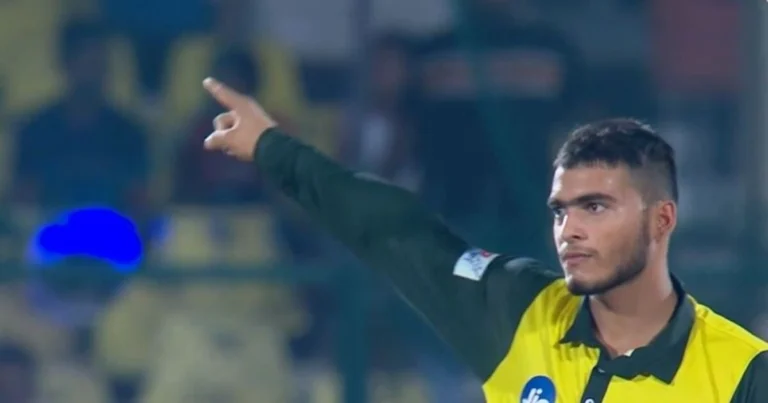
The much-anticipated India vs Pakistan cricket match, scheduled to be held in India, has triggered a storm across the nation.
Fans and citizens alike are demanding a boycott of the match, urging the Board of Control for Cricket in India (BCCI) to take a nationalistic stand, just as they did in the World Championship of Legends. However, this time, things might not be so simple.
Fans Demand a Boycott: A Call for National Integrity
The call for a boycott is not just about cricket. It’s about emotions, sovereignty, and the ongoing geopolitical tension between India and Pakistan. Hashtags like #BoycottIndvsPak and #NoMatchForTerror have been trending on social platforms, reflecting the strong public sentiment.
This isn’t the first time such demands have been raised. In the World Championship of Legends, Indian cricketers and stakeholders took a symbolic step back from competing against Pakistan, garnering applause across the country. Now, fans expect the same level of patriotic integrity on Indian soil.
Why the BCCI Might Not Boycott This Time
Despite the patriotic push, there’s one massive reason why the BCCI may not support a boycott: money. The India vs Pakistan clash is one of the most profitable events in global cricket. Ticket sales, broadcasting rights, sponsorships, and merchandise combine to generate massive revenue.
It is estimated that a single India-Pakistan match can generate hundreds of crores, significantly bolstering the BCCI’s financial strength. With such massive sums on the table, many believe that the BCCI may not take a firm stance, opting for profit over principle.
What did R. Ashwin say about India vs Pakistan Asia Cup and Boycott things
Here are Ravichandran Ashwin’s actual words on the India vs Pakistan match situation, especially related to boycott calls and venue controversies:
“When we say Asia Cup won’t go to their place, they will say that they will also not come to our place. But however, I think that is not possible.”
He also commented on where the Asia Cup should be held if not in Pakistan:
“The final call might be that the Asia Cup will be moved to Sri Lanka. … I would also be pleased if it is moved to Sri Lanka.”
These remarks reflect Ashwin’s perspective that Pakistan’s threat to withdraw from Indian-hosted tournaments is not feasible, and he supports a neutral venue like Sri Lanka instead of the UAE due to better playing conditions.
Nationality vs. Commercial Interests: A Question of Ethics
If the BCCI proceeds with the match despite the public outcry, critics argue that it would reflect a disappointing prioritization of financial gain over national sentiment. Fans are watching closely, not just for the cricketing action, but to see whether India’s cricketing body prioritizes the nation or financial gain.
This situation has also sparked a broader debate. Should national sports bodies be held accountable for the country’s diplomatic tensions? And if yes, how much should money influence their decisions?
While the BCCI has yet to make a final announcement, the pressure is mounting. The choice is clear but complicated. India’s cricket board must decide whether it will stand by its previous decision of boycotting Pakistan or give in to the multi-million dollar spectacle.
Whatever the decision, it will speak volumes, not just about cricket, but about what matters more: the flag or the funds.
Why are people demanding a boycott of the India vs Pakistan match?
People believe that engaging with Pakistan in cricket while tensions remain high undermines national integrity.
Has India ever boycotted Pakistan in any tournament?
Yes, during the World Championship of Legends, Indian cricketers refused to play against Pakistan, aligning with national sentiments.
Will the BCCI boycott this match?
It is uncertain. The financial stakes are extremely high, and the BCCI may choose profits over a political statement this time.






1 thought on “India vs Pakistan Boycott Debate Heats Up: National Pride or Money Game?”
Comments are closed.